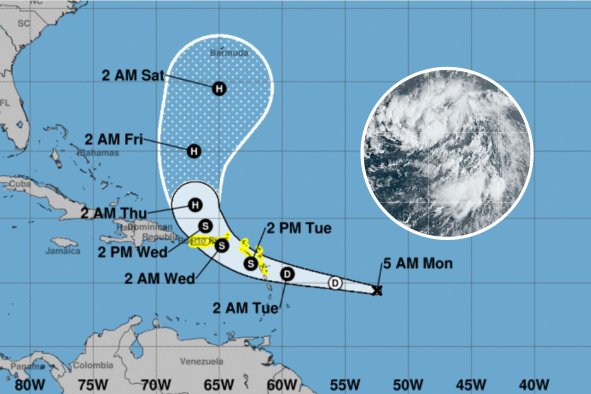New e-cigarettes may contain nicotine-like chemicals with unknown impacts on our health, Yale scientists have warned.
Despite interacting with the same receptors in our brains, these chemicals—called nicotine analogs—are not held to the same FDA restrictions and scrutiny as other nicotine products, allowing them to be marketed with "youth-appealing flavors" and avoid tobacco taxes.
An FDA spokesperson has said that the new chemicals may be even more potent than nicotine, with potential impacts on adolescent brain development, learning and memory.
More From Newsweek Vault: What Is a Health Savings Account?
"The FDA is looking at this from an agency-wide perspective, and it will continue to use all available resources within its authority to protect the public, particularly America's youth, from addictive products that may harm their health," Jim McKinney, public affairs specialist at the FDA, told Newsweek.
"Although more research is needed, some emerging data show these nicotine analogs may be more potent than nicotine—which is already highly addictive, can alter adolescent brain development and have long-term effects on youth's attention, learning and memory."
Nicotine analogs are chemicals that closely resemble nicotine in structure and therefore target the same receptors in the brain. Examples include 6-methylnicotine and nicotinamide. Studies in mice have suggested that 6-methylnicotine may be more toxic and more potent than nicotine, but human studies are lacking. It also appears that, because these compounds are not held to the same stringent restrictions as traditional nicotine, the chemicals listed in the ingredients on labels are not always consistent with what is actually inside the product.
"Taken together, it is really problematic that companies are introducing nicotine analogs with unknown health and addiction risks into novel products," Hanno Erythropel, Ph.D., a research scientist at the Yale School of Medicine, said in a statement. "They are essentially attempting to avoid regulation."
More From Newsweek Vault: Compare the Top Health Savings Account (HSA) Providers
In a study published in the journal JAMA Network, Erythropel and colleagues analyzed two lines of commercially available e-cigarette and e-liquid products marketed to contain nicotine analogues. The first, Spree Bar, was labeled as containing 5 percent 6-methylnicotine (or 50 mg/g), while the second, Nic-Safe, was tested at four concentrations—0, 12, 24, and 36 mg/mL.
Following their analysis, the team found that both product lines were inconsistent with what was advertised on their label. While Spree Bar contained almost 90 percent less 6-methylnicotine than advertised, Nic-Safe contained 6-methylnicotine at low concentrations despite not advertising it on the label (excluding the nicotinamide-free products tested).
More From Newsweek Vault: Learn More About the Different Types of Savings Accounts
"Such discrepancies may lead to uncertainty about user exposure," the researchers wrote.
Newsweek has contacted both vape companies by email for comment.
The Spree Bar products also contained the artificial sweetener neotame and the coolant WS-23, which is found in other vape products.
"Both compound classes are concerning because they increase appeal to first-time users, yet their inhalational risks remain unknown," the researchers wrote.
The authors added that their study used a fairly small sample size and further research is needed to understand how widespread these discrepancies are among similar products. However, the study highlighted the need for more research and regulation with regards to these products.
"In general, the FDA does not comment on specific studies, but evaluates them as part of the body of evidence to further our understanding about a particular issue and assist in our mission to protect public health," McKinney said. "The FDA is reviewing the findings of the study.
"Regarding nicotine analogs, the FDA is aware of companies reportedly manufacturing products that may contain compounds that mimic the effects of nicotine but that are structurally or chemically different."
Is there a health problem that's worrying you? Let us know via health@newsweek.com. We can ask experts for advice, and your story could be featured in Newsweek.
References
Erythropel, H. C., Jabba, S. V., Silinski, P., Anastas, P. T., Krishnan-Sarin, S., Zimmerman, J. B., & Jordt, S. E. (2024). Variability in Constituents of E-Cigarette Products Containing Nicotine Analogues. JAMA. https://doi.org/10.1001/jama.2024.12408
Disclaimer: The copyright of this article belongs to the original author. Reposting this article is solely for the purpose of information dissemination and does not constitute any investment advice. If there is any infringement, please contact us immediately. We will make corrections or deletions as necessary. Thank you.



